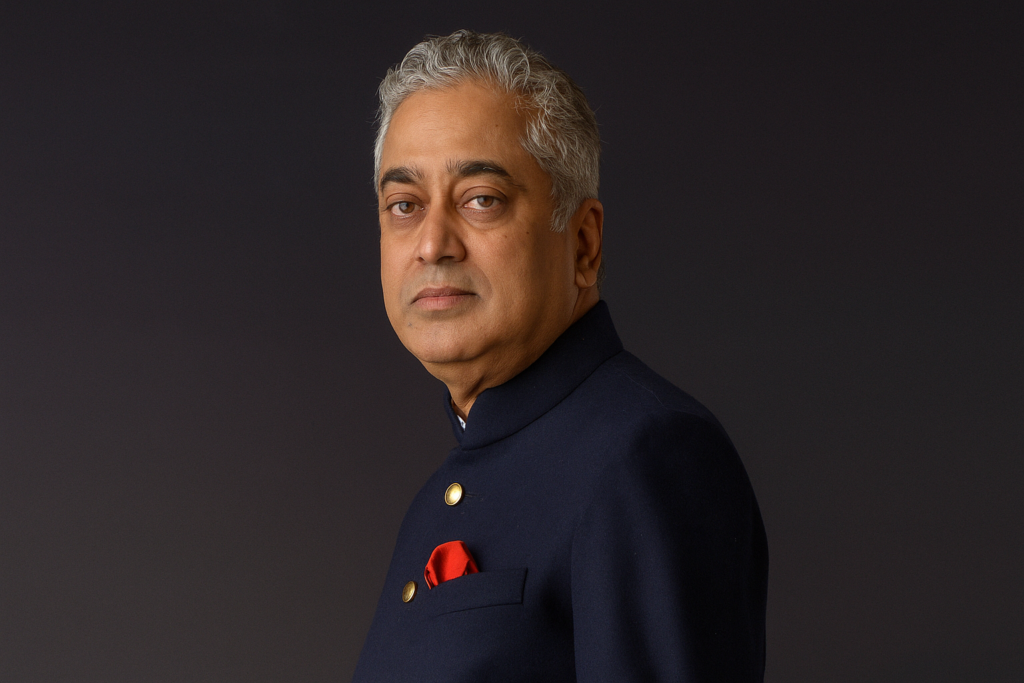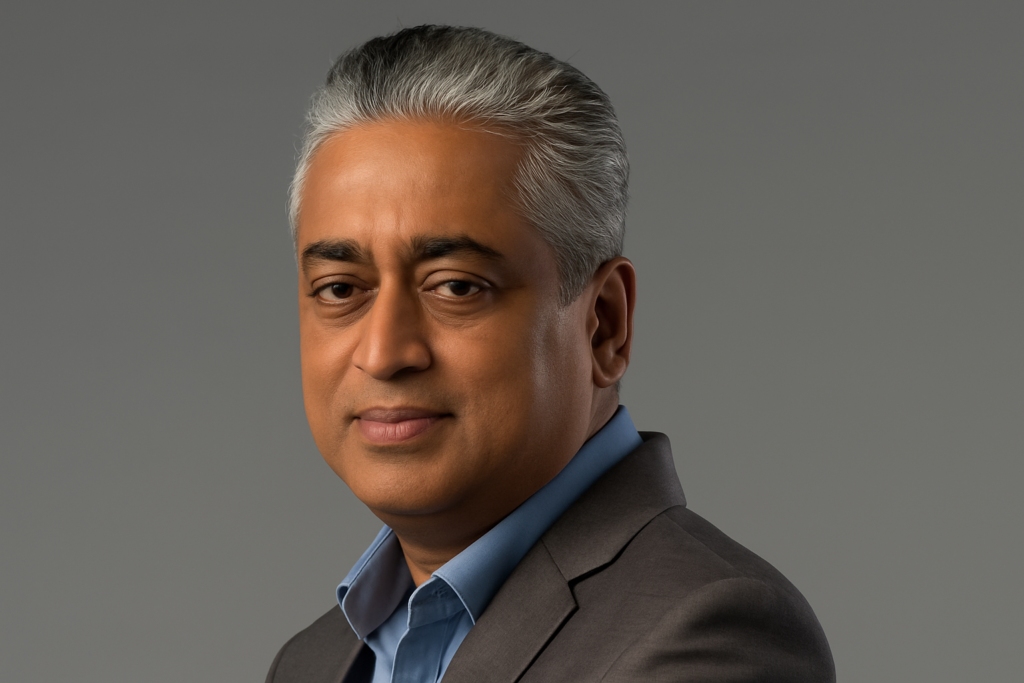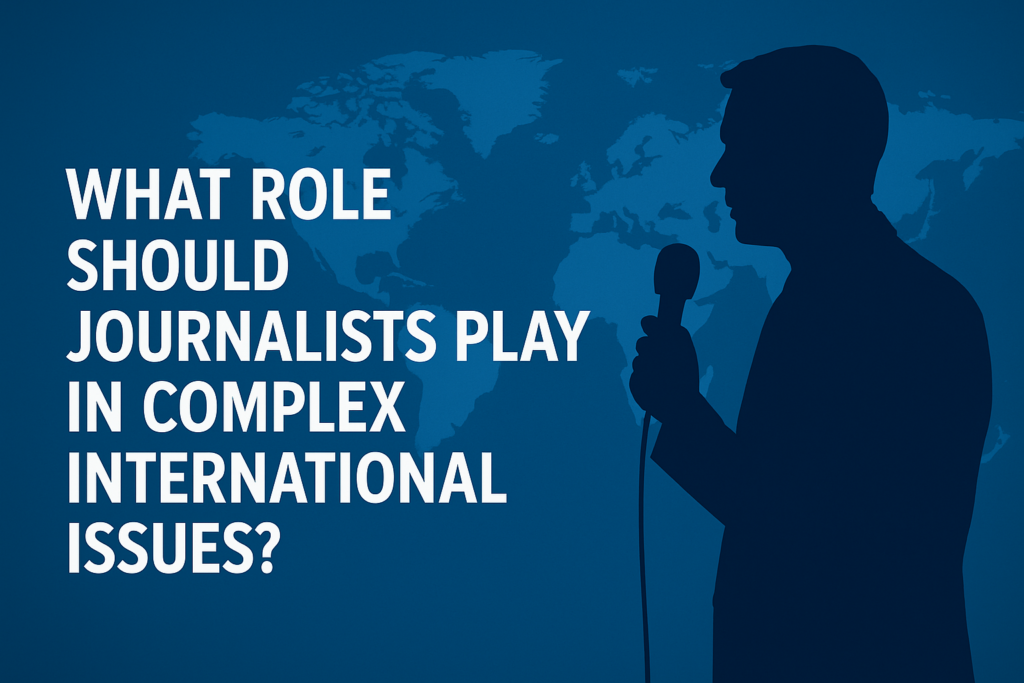
Recently, Rajdeep Sardesai one of India’s most well-known journalists found himself in the spotlight again after a comment he made regarding Pakistan occupied Kashmir (Pok) triggered intense reactions online. Social media platforms exploded with heated debates, and a wave of questions emerged, chief among them: Did Rajdeep Sardesai support Pakistan?
This article aims to clarify the context, decode the controversy, and explore how a journalist’s words can quickly turn into a national-level debate.
What Sparked the Controversy?
The uproar began after a televised discussion where Sardesai commented on the complex situation in PoK. Although the exact sentence that sparked the controversy hasn’t been officially transcribed, clips circulated online suggesting that his words were interpreted by some as sympathetic to Pakistan’s narrative on Kashmir.
Many social media users began using hashtags such as RajdeepOnPoK and questioned his stance. The keyword phrase “Did Rajdeep Sardesai support Pakistan?” started trending, which further fueled the discussion and created confusion among the public.
Understanding the Context
When public figures, especially journalists, comment on sensitive geopolitical issues like Kashmir, their statements often come under heavy scrutiny. Rajdeep Sardesai has long been a vocal advocate for free speech, diplomacy, and peaceful dialogue especially in matters involving India and Pakistan.
His recent comment, though brief, was viewed through a sharply polarized lens. Some interpreted it as a critical take on India’s policies; others saw it as an attempt to offer a neutral or alternate perspective. What got lost in the noise was the actual context of his broader argument one that likely emphasized engagement over aggression.
What Is Sardesai’s Track Record on Pakistan and PoK?

To answer whether Rajdeep Sardesai supported Pakistan, one has to look beyond a single quote and examine his overall body of work. Sardesai has covered Indo-Pak relations for decades and has often pushed for thoughtful discourse rather than emotional or reactionary responses.
He has previously highlighted the dangers of militaristic nationalism and urged both governments to pursue peaceful solutions. However, advocating for dialogue or criticizing government strategies doesn’t automatically equate to “supporting” a rival country.
This nuance is often lost in the age of soundbites and viral outrage.
Journalism vs. Nationalism: The Thin Line
One reason this topic gained traction is the increasingly blurred line between journalism and nationalism in modern India. Reporters and anchors are often expected to toe the nationalist line—or risk being labeled anti-national.
Sardesai has repeatedly emphasized that journalism’s job is to ask tough questions, not echo government narratives. While this approach earns him respect from supporters of free speech, it also attracts criticism from more nationalist circles.
So, when Sardesai questioned aspects of India’s PoK strategy or suggested diplomatic alternatives, it was enough for critics to accuse him of favoring Pakistan despite no direct endorsement from his side.
Public Reaction: Mixed, Fierce, and Predictable
The reaction from the public and political commentators was both swift and divided. Some called for a boycott of Sardesai and his employer network. Others defended him, pointing out that labeling someone a “traitor” over a differing opinion reflects poorly on democratic values.
On platforms like X (formerly Twitter), some users dissected his full statement and argued that it had been taken out of context. Others spread edited clips to bolster their outrage, adding to the confusion.
This pattern is not unique. Public discourse in India has increasingly become susceptible to misinformation and outrage based on partial information, especially around national security topics.
The Role of Media in Shaping Narratives
what role should journalists play in complex international issues?

Sardesai’s style of journalism often leans toward giving space to alternative views, especially in conflict zones. That doesn’t mean he supports India’s adversaries it means he believes the public deserves access to diverse perspectives.
In this case, the discussion wasn’t about choosing sides. It was likely about exploring whether India’s approach to Pok needed recalibration, and whether sustained conflict is beneficial for either country.
By asking hard questions, journalists like Sardesai may be doing the job that media is supposed to do inform, question, and provoke thoughtful debate not act as an extension of state policy.
Is Criticism of Policy Unpatriotic?
Let’s get to the heart of the matter. Is criticizing India’s foreign policy the same as supporting Pakistan?** By that logic, anyone who questions any decision made by the Indian government could be labeled unpatriotic.
Sardesai himself has often spoken out against such binary labeling. He has emphasized that democracy thrives on dissent, and differing views are not only valid but necessary.
His past interviews, articles, and TV shows make it clear: he doesn’t condone terrorism or violence from any side. He supports peaceful resolutions, cross-border diplomacy, and holding all governments accountable.
The fact that this question trended shows how easily a debate can spiral into misinformation in the age of algorithms. While many users sincerely sought answers, others weaponized the trend for political or ideological reasons.
However, if one takes a holistic view of Rajdeep Sardesai’s career, there is no clear evidence that he “supported” Pakistan in a manner that would justify the outrage. His statements may have been provocative, but they were not anti-national.
Conclusion: A Need for Nuance
In the end, controversies like these highlight the importance of consuming media responsibly. A single line pulled from a larger discussion can paint a misleading picture. While the public has every right to hold journalists accountable, it’s equally important to give space for complexity and nuance.
So, did Rajdeep Sardesai support Pakistan? Based on available information and his long-standing editorial stance the answer appears to be no. He supported dialogue, understanding, and peace. In a world increasingly dominated by binary thinking, that’s a position worth defending, not vilifying.

